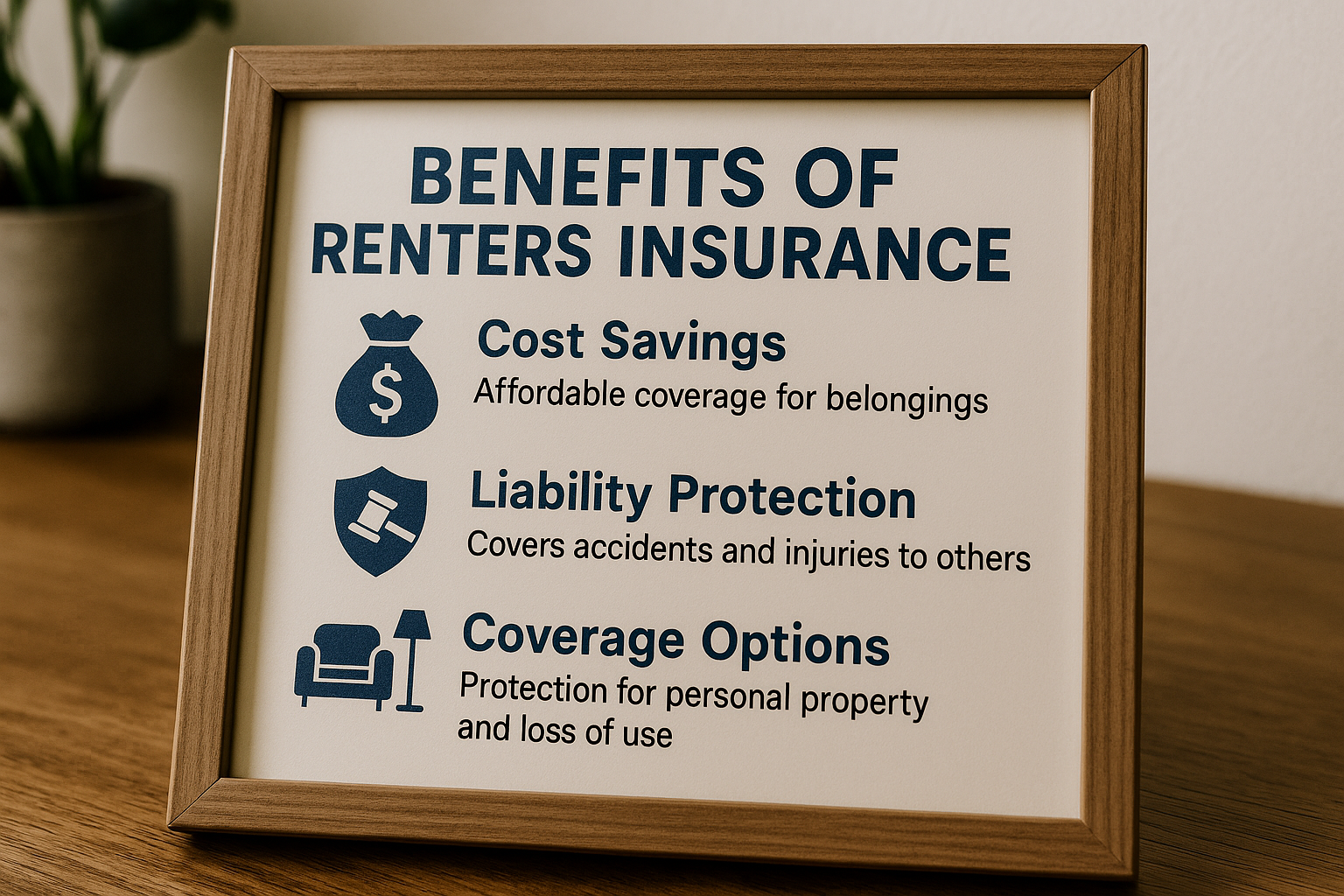The secret behind why apartments require renters insurance
Discover why renters insurance is more than just a requirement for your apartment lease and how it opens doors to peace of mind, while you browse options for the best coverage that suits your needs.

Understanding the Necessity of Renters Insurance
Renters insurance is often a non-negotiable clause in apartment leases, and while it might seem like just another expense, it plays a crucial role in safeguarding both tenants and landlords. At its core, renters insurance provides coverage for your personal belongings against theft, fire, and other unforeseen events. It also offers liability protection, which can be invaluable if someone gets injured in your apartment. For landlords, requiring renters insurance minimizes their liability and ensures that tenants are financially covered, reducing potential conflicts over damages.
What Renters Insurance Covers
Typically, renters insurance includes three primary types of coverage: personal property, liability, and additional living expenses. Personal property coverage protects your belongings, such as electronics, furniture, and clothing, from events like fire, theft, or vandalism. Liability coverage, on the other hand, offers protection if you're found responsible for causing injury to another person or damage to their property. Lastly, additional living expenses coverage helps cover the costs of temporary housing if your apartment becomes uninhabitable due to a covered peril.
The Financial Benefits of Renters Insurance
One of the most compelling reasons to invest in renters insurance is its affordability. On average, renters insurance costs about $15 to $30 per month, depending on the coverage amount and location1. This modest investment can save you thousands of dollars in the event of a loss. Additionally, many insurance providers offer discounts if you bundle renters insurance with other policies, such as auto insurance, which can further reduce your costs.
Legal and Lease Requirements
While not all states mandate renters insurance, landlords often require it as part of the lease agreement. This requirement is primarily to ensure that tenants can cover their own losses and liabilities, which in turn protects the landlord's property and reduces their risk of lawsuits. Failing to comply with this requirement can result in penalties or even eviction.
How to Choose the Right Policy
When selecting a renters insurance policy, it's important to assess the value of your belongings and determine the level of coverage you need. Consider factors such as the location of your apartment, the crime rate in the area, and any additional coverage you might need, such as for high-value items like jewelry or electronics. To find the best policy, compare quotes from multiple insurance providers, and don't hesitate to visit websites that specialize in insurance comparisons to see these options side by side.
Additional Resources and Opportunities
For those seeking specialized coverage or additional insights into renters insurance, numerous resources are available online. Websites like Insurance Information Institute and Consumer Reports offer detailed guides and tips on choosing the right policy. Additionally, many insurance companies provide online tools to help you calculate the appropriate coverage for your needs, ensuring you make an informed decision.
Renters insurance is more than just a checkbox on your lease agreement; it's a vital tool that protects your financial well-being and provides peace of mind. As you navigate the options available, remember that this small investment can offer significant benefits, both in terms of personal protection and financial security.